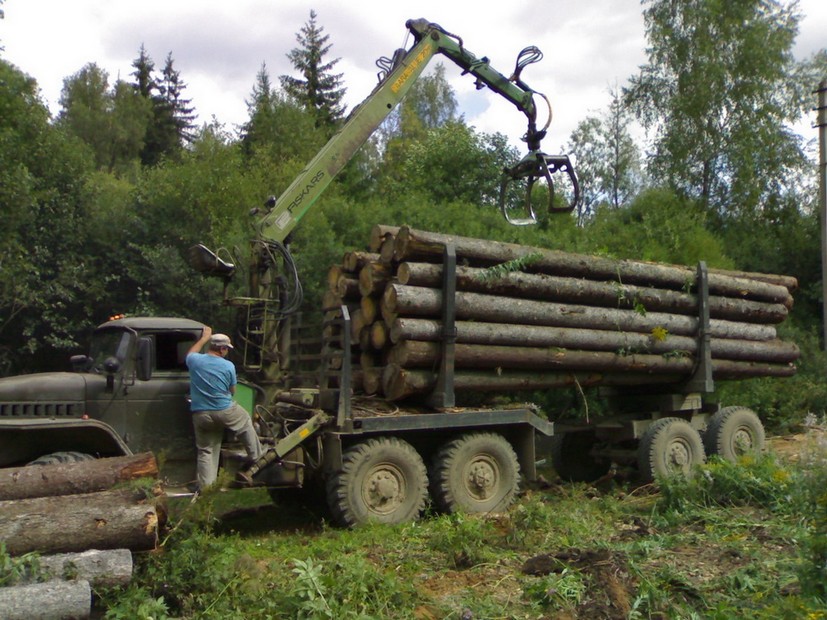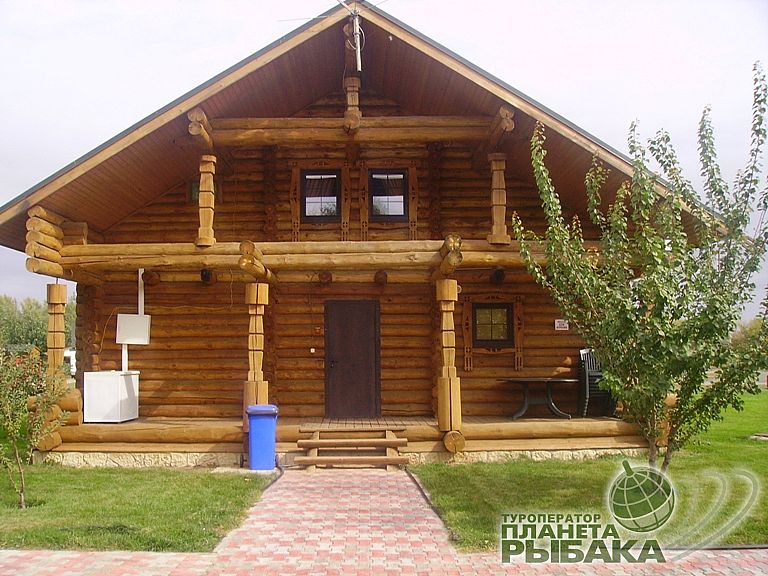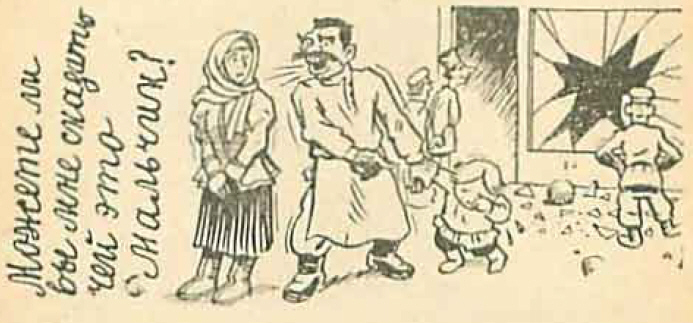Languages
Russian for English speakers 1951



|
Languages
|
 |
  |
| Russian for English speakers 23 |
 |
| Lesson 23 |
|
Russian |
English Английский |
|
|
64 - шестьдесят четыре |
sixty four |
|
|
65 - шестьдесят пять |
sixty five |
|
|
66 - шестьдесят шесть |
sixty six |
|
|
67 - шестьдесят семь |
sixty seven |
|
|
68 - шестьдесят восемь |
sixty eight |
|
|
69 - шестьдесят девять |
sixty nine |
|
|
Двадцать третий (23-й) урок |
Twenty third lesson |
|
|
УРОК НОМЕР ДВАДЦАТЬ ТРИ (№23) |
Lesson number twenty three (#23) |
|
| Вот вопрос! | What a [here-is] question ! | |
|
AK : This can mean: "He's a question", or: |
||
|
Ну ни фига себе вопрос! |
AK : Use this phrase only in informal situations. |
|
| 1 | Какой красивый мальчик!
Чей (1) это ребёнок, Нина Петровна? (2) |
What (a) fine boy! Whose (is) this child, Nina Petrovna? |
| 2 | Вот вопрос! Неужели вы не знаете? Это мой сын. |
What a question! Really, (do), you not know? This is my son! |
| 3 | Виноват (3), мне стыдно. |
(I am) sorry (guilty], I am ashamed [to me shameful]. |
| 4 | Уже пять лет как путешествую | I have been travelling 5 years already [already 5 yrs how (I) travel] |
| по Европе (4). | in (over) Europe. | |
| 5 |
А мы пока все здесь спокойно живём. |
And we meanwhile, [all] quietly live here. |
|
AK: You can say also "А мы,
тем временем, ". |
||
| 6 | Скажите.. Ведь у вас ещё .. |
Tell (me)... have you not [however with you) also..., |
| кажется .. дочь .. | (it) seems (to me)... a daughter...? | |
|
AK: This is an awkward situation. |
||
| 7 | Ах вы! | Now you [ah you] ! |
|
Ах вы козлина! |
AK: It's very rude. Don't use it, ever. |
|
|
|
||
|
Шесть лет ей .. |
She is six [6 yrs to-her]. | |
| Скоро в школу пора .. (5) | Soon (it will be) time (for her to go) to school [soon to school time]! | |
| AK: Word by word: "soon, to school, it's time" | ||
| 8 | Дети всегда в городе живут (6) .. | The children always live in town. |
|
AK: Word by word: "Children, all the time, in, town, live". |
||
| 9 | К счастью (7), дядя живёт в деревне .. часто их (8) приглашает .. |
Luckily [for luck], |
| 10 | они (6) очень его любят .. | they like him much. |
| 11 |
Господи! Уже девять
часов! |
Good gracious [Lord]! already nine o'clock! Excuse (me), Nine Petrovna, |
| мне пора в бюро .. | (it's) time for me (to go) to the office. | |
|
AK: Word by word: "to me, it's time, to, bureau". |
||
| 12 |
Я живу; вы живёте; он живёт;
|
I live; you (pl.) live; he lives; |
| 13 |
Я приглашаю; вы приглашаете;
он приглашает; |
I invite; you invite; he invites; |
| 14 |
пока; пора; к счастью;
|
Meanwhile; (it is) time; by luck (luckily, "to luck");
|
| 15 |
мальчик; сын; дочь; ребёнок; дети
(ребята);
|
Boy; son; daughter; child; children; uncle. |
|
УПРАЖНЕНИЕ |
EXERCISE. | |
| 1 | К счастью, дядя живёт близко;
дети часто у него. |
Luckily (the) uncle lives near; the children are often at his house. |
|
AK: coma is required |
||
| 2 | Они меня каждый день приглашают к обеду. | They invite me to dinner every day [they me every day]. |
|
AK: Word by word "they me /every day/ invite to dinner". |
||
| 3 | Можете ли вы мне сказать, чей это мальчик? | Can you tell me whose (is) this boy? |
| 4 | Пора мне идти; купите пока всё, что нам нужно. |
It is time for me to go; meanwhile buy all that we need [to us necessary]. |
| AK: Word by word: "buy, meanwhile, all, that /to us/ /is necessary/. | ||
| 5 | Я вижу; я живу ; вы видите ; вы живёте. |
I see, I live; you (pl.) see, you live. |
| 6 | Я здесь больше не хочу жить. | |
|
AK: This means "I don't what to live here any more". |
||
| 7 | Не стыдно ли вам всё время гулять? | Are you not ashamed [(is it) not shameful for you] to walk-about all (the) time? |
| NOTES. |
AK-NOTE |
|
| 1 |
Чей means whose. |
|
| 2 |
Иван Петрович,
John son of Peter. |
|
| 3 |
Виноват,
literally guilty is said to apologize for a mistake, a blunder.
|
Виноват is "I'm in the state of being guilty". |
| 4 |
По Европе
[по Европпе],
in or over or through Europe. |
По denotes "moving on the surface of" |
| 5 |
Пока
: meanwhile, or while. |
|
| 6 |
We see here the 3rd person plural of the Present
Indicative. |
|
| We have seen ребёнок,
the child, which becomes in the dative : ребёнку, to or for the child (lesson 19). For the children, another word is used : дети (d'ĕttee). |
You can use also ребята. | |
| 7 |
К счастью
: by luck. |
К счастью
means "luckily, fortunately". |
| For the final е
in в деревне (in a village), same remark as in (4).
Деревня, the country or the village. |
||
| 8 |
Их (eeh)
: them. |
|
Tweested English Section |